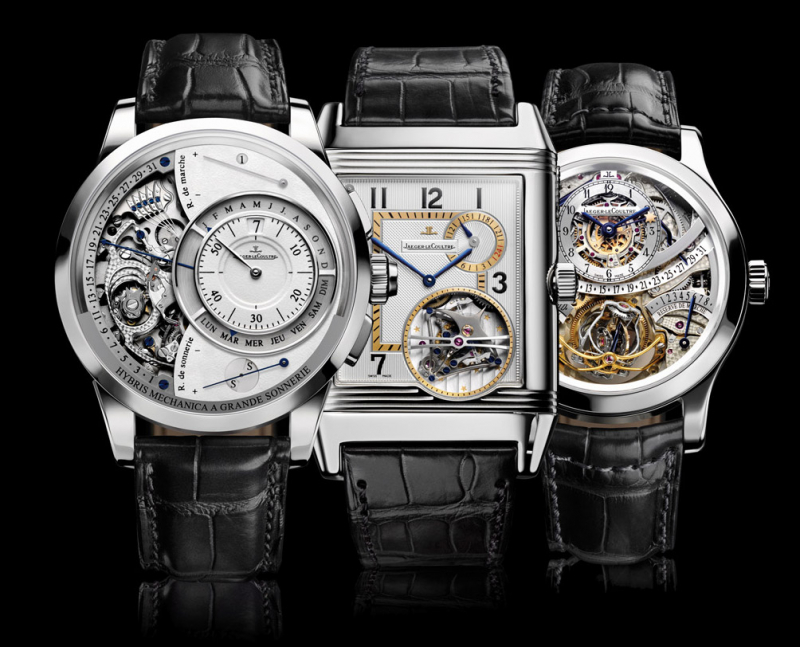Watches
Black markets emerged in the last days of World Conflict II as the Allies gathered in Berlin, allowing the American, British, and Soviet armies to mix and purchase goods that they had been forbidden in earlier years of the war. Americans soon discovered that timepieces were the item that Soviet troops coveted the most.
A good watch was not precisely a common commodity in Soviet Russia. Watches represented wealth and status. In addition, they had financial intentions. actual currency. While the value of Russian rubles fluctuated, watches never lost their value. A soldier could mail his wife a watch, and he could exchange one watch for a whole cow.
Although it was technically against the law for Americans to engage in black market transactions, the fact that some Russian soldiers had up to a dozen timepieces on their arms suggests that it was probably more frequent than you might imagine.












